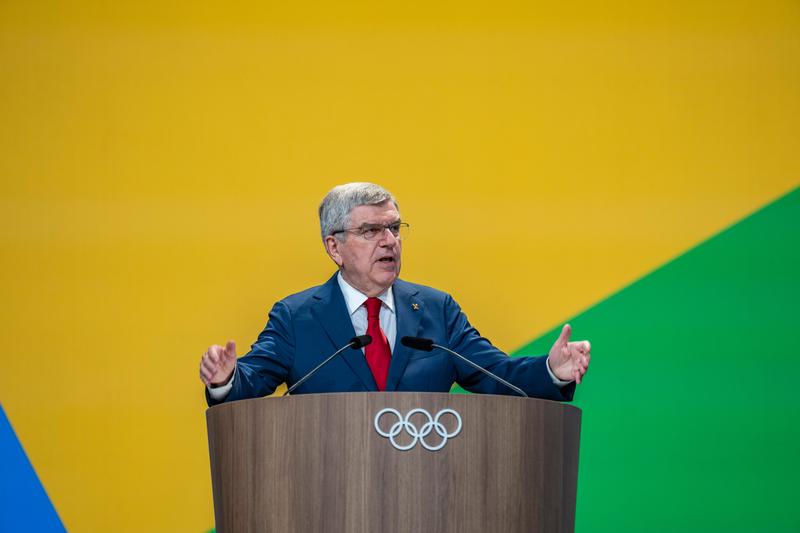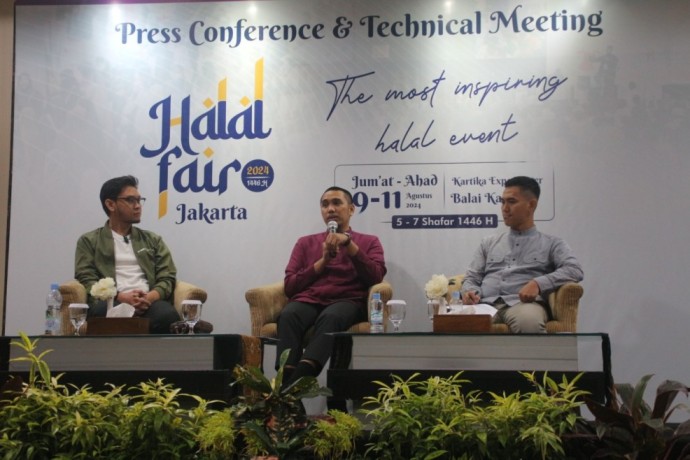News Focus – Tobacco control in Indonesia faces serious challenges

Tobacco control in Indonesia is still weak, with the absence of regulations binding displays of cigarette advertisements on the Internet platforms.
Bogor, W Java (Indonesia Window) – Chairman of the Indonesian Consumers Foundation (YLKI) Tulus Abadi, has assessed that tobacco control in Indonesia is still weak.
“The challenges in controlling tobacco in Indonesia are very serious, moreover with the public’s paradigm that considers tobacco as a normal product, even though it is an abnormal product. In Singapore, people consider cigarettes to be a disease,” Tulus noted in a discussion on ‘OUTLOOK of the Indonesian Tobacco Industry 2024’ held by the Indonesia Institute for Social Development (IISD) here on Tuesday (Jan. 30).
“There are many ‘enemies’ of tobacco control, including the government and the house of representatives,” he stressed, adding that tobacco control in the country require the involvement of all parties to encourage the government to strengthen tobacco control in various policies.
He also highlighted cigarette advertising on Internet platforms that are not yet subject to regulations. Tulus supported a total ban on cigarette advertising and promotion as one of the national development policy directions. “Hopefully in the new health regulation, cigarette advertising on the Internet would be banned,” he concluded.
Meanwhile, media practitioner Maria Hartiningsih said that further research and study were needed regarding the phenomenon of sliced tobacco or more locally known as ‘tingwe’ (Javanese word, meaning self-hand-rolling), which has become increasingly popular recently.
“Apart from that, nowadays it is increasingly easy to find young people using e-cigarettes or vape, and this must be our concern,” she said.
The World Health Organization (WHO) recently urged countries around the world to issue regulations prohibiting various flavored e-cigarettes or vapes. WHO’s call is based on a number of studies showing no evidence that e-cigarettes could be a healthier alternative to smoking tobacco cigarettes.
Apart from that, WHO also highlighted the circulation of vapes on the open market and their massive sale to the younger generation by mentioning that 34 countries have banned the sale of electronic cigarettes, 88 countries have not set a minimum age for purchasing electronic cigarettes, and 74 countries do not have regulations regarding these products.
IISD’s adviser Tien Sapartinah asked the government to be responsible in controlling tobacco. “The government must not avoid responsibility from the tobacco control issue,” she said.
She also hoped that future national leaders be committed to strengthening tobacco control, for the sake of people’s benefits.
In this regard, IISD’s program director Ahmad Fanani said that the results of the discussion on ‘OUTLOOK of the Indonesian Tobacco Industry 2024’ are a concrete form of providing the latest study materials on the issue of tobacco control.
“The results of this discussion are expected to provide new arguments objectively and become a strong reason for strengthening tobacco control policies in Indonesia,” he said.
The discussion also urged the need for accession to the Framework Convention on Tobacco Control (FCTC). For a long time, the government has submitted to industries which have always make the lives of farmers and industrial workers bumpers for industrial interests.
The FCTC provides a global response to a global problem – namely, the tobacco epidemic. It is an evidence-based treaty that reaffirms all people’s right to the highest standard of health.
Reporting by Indonesia Window










